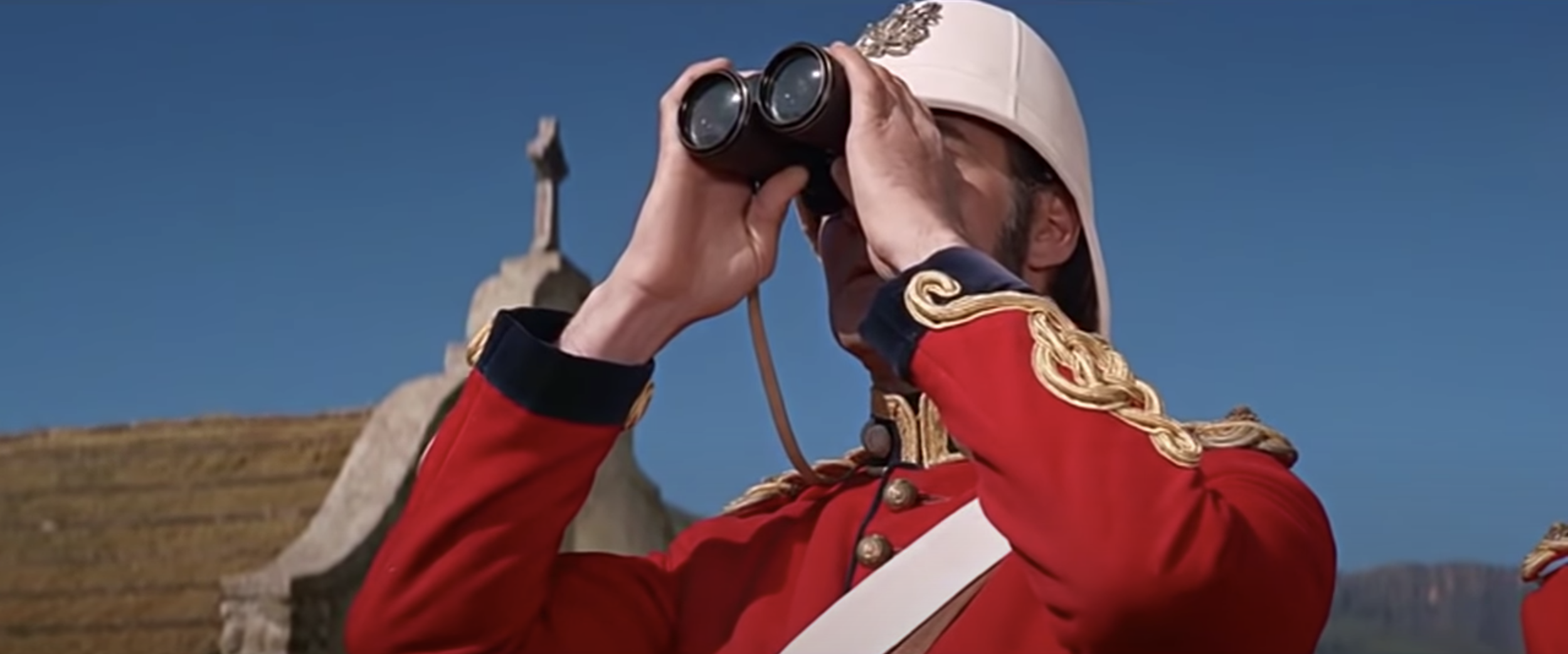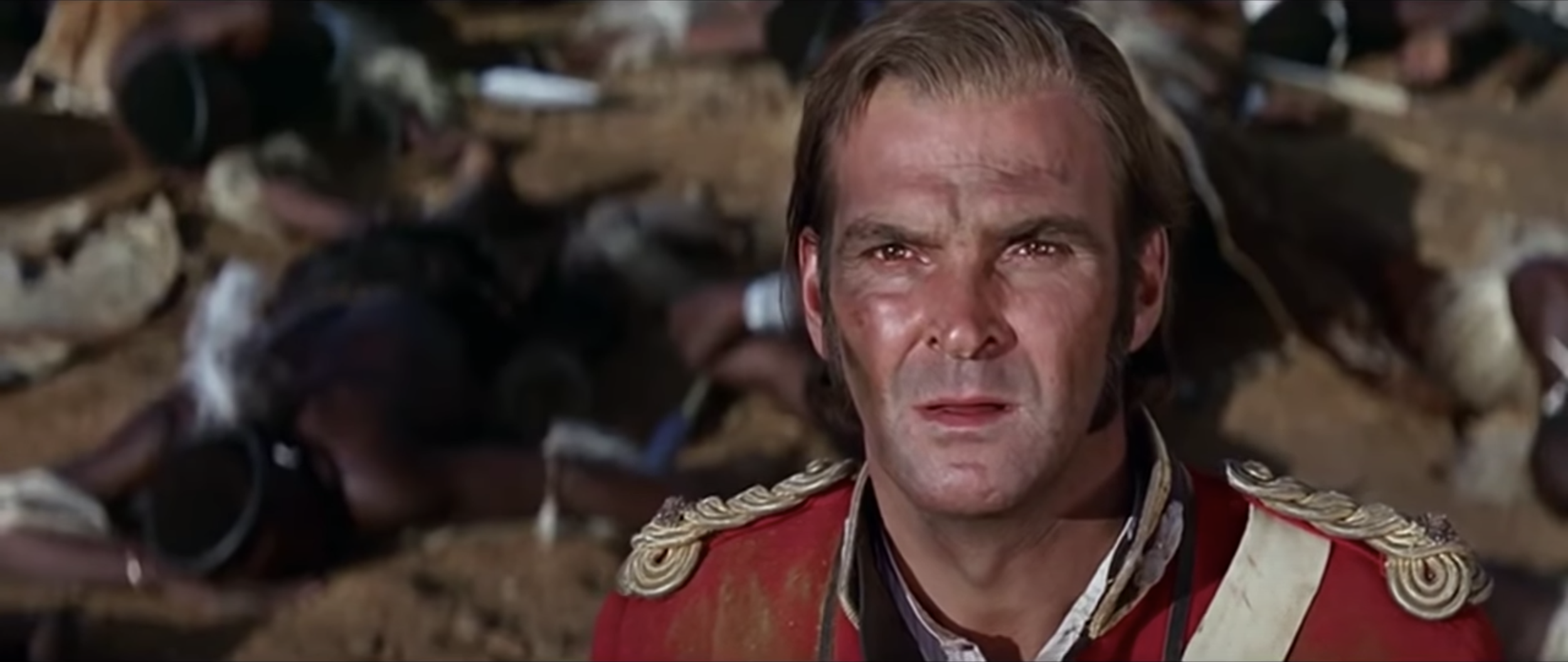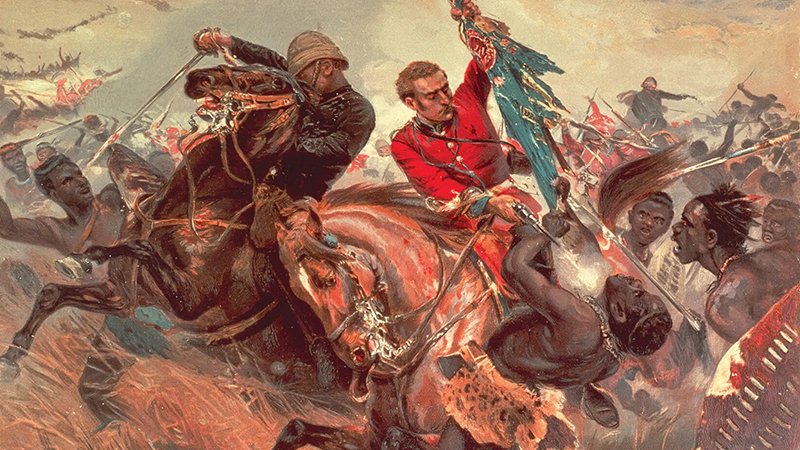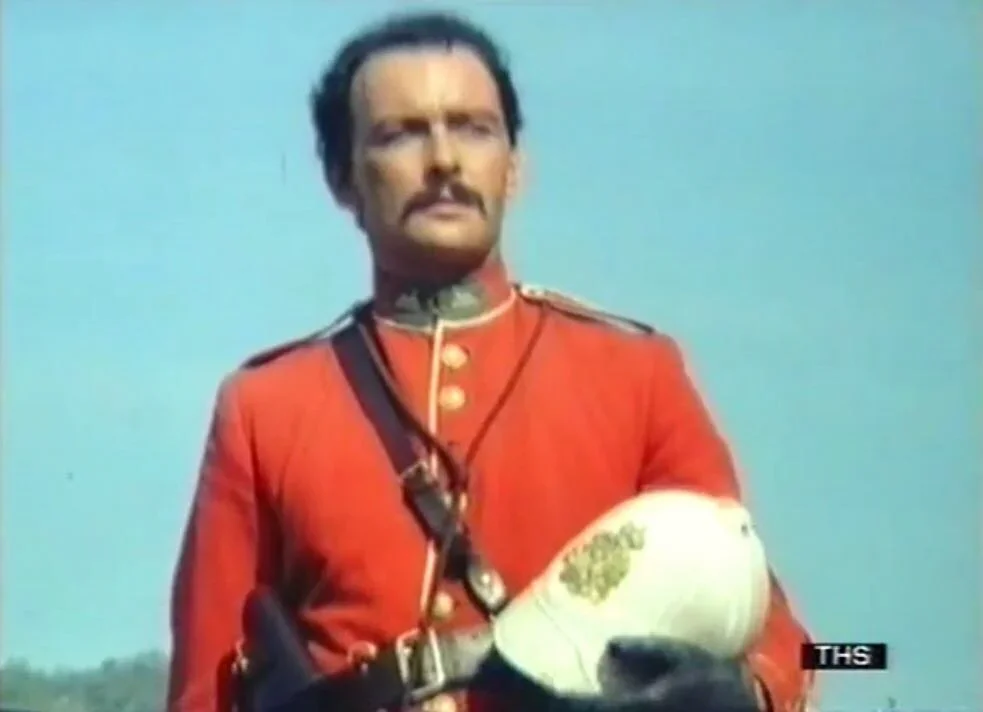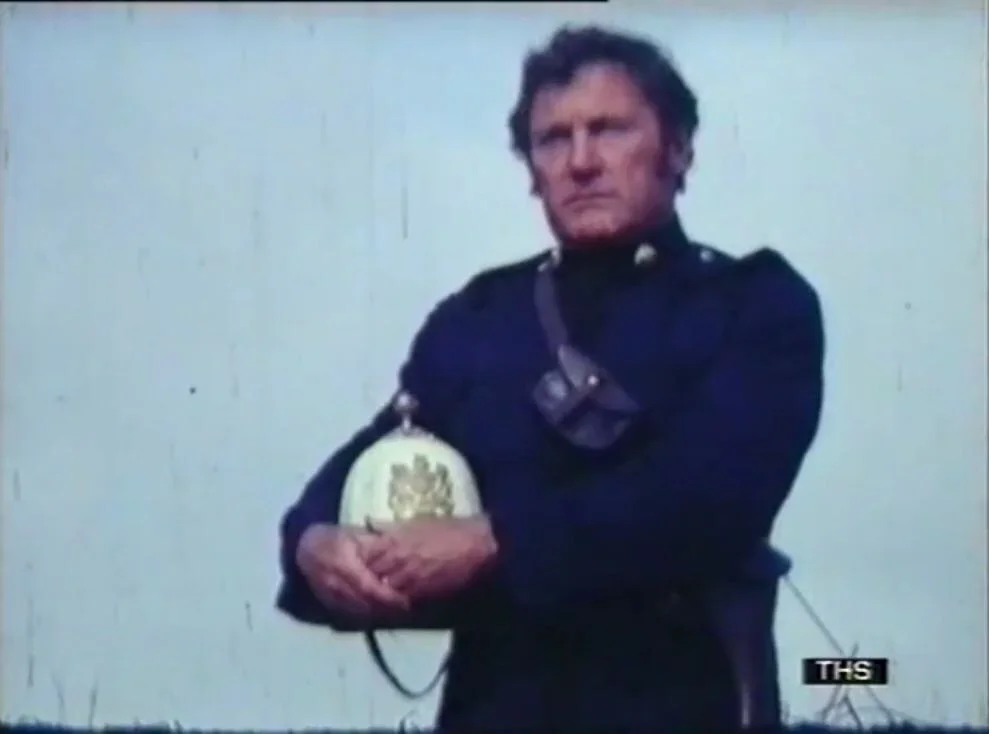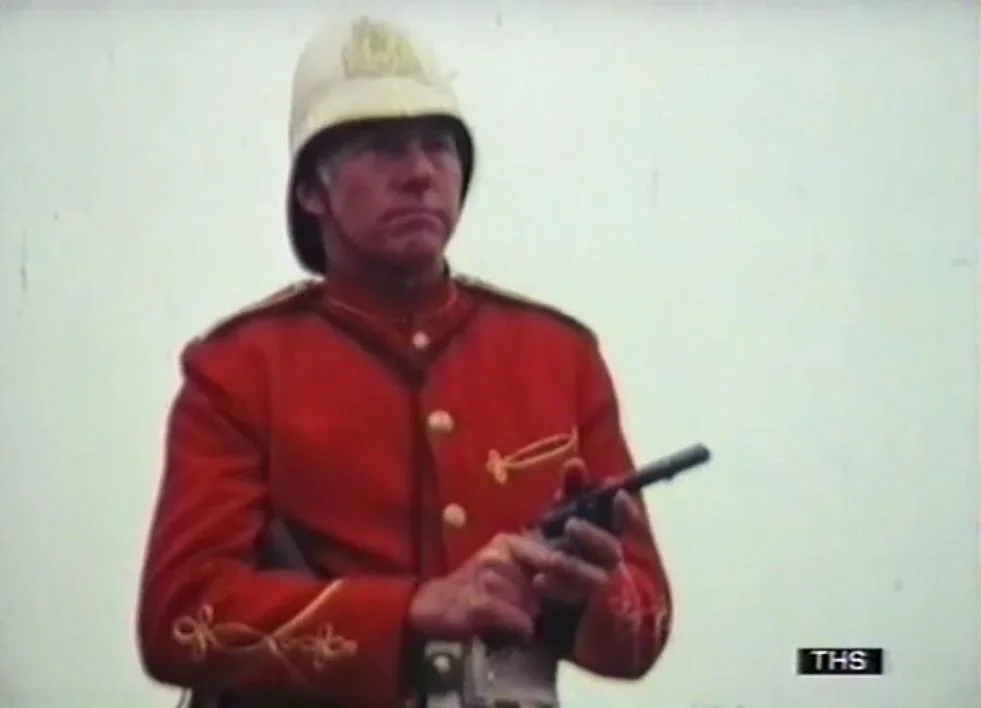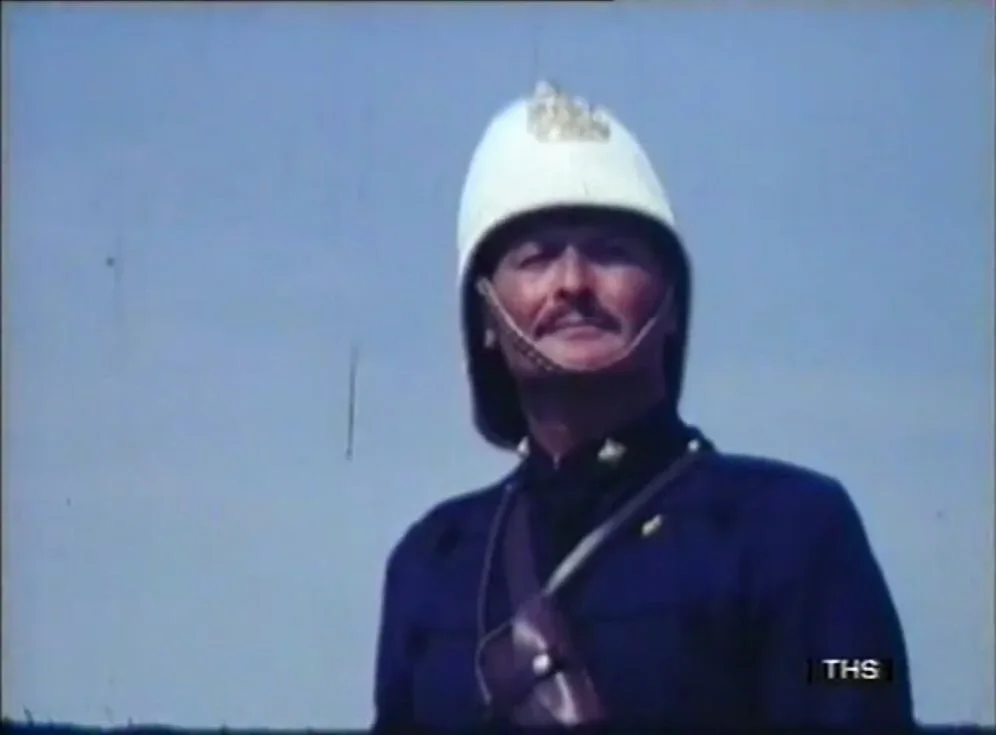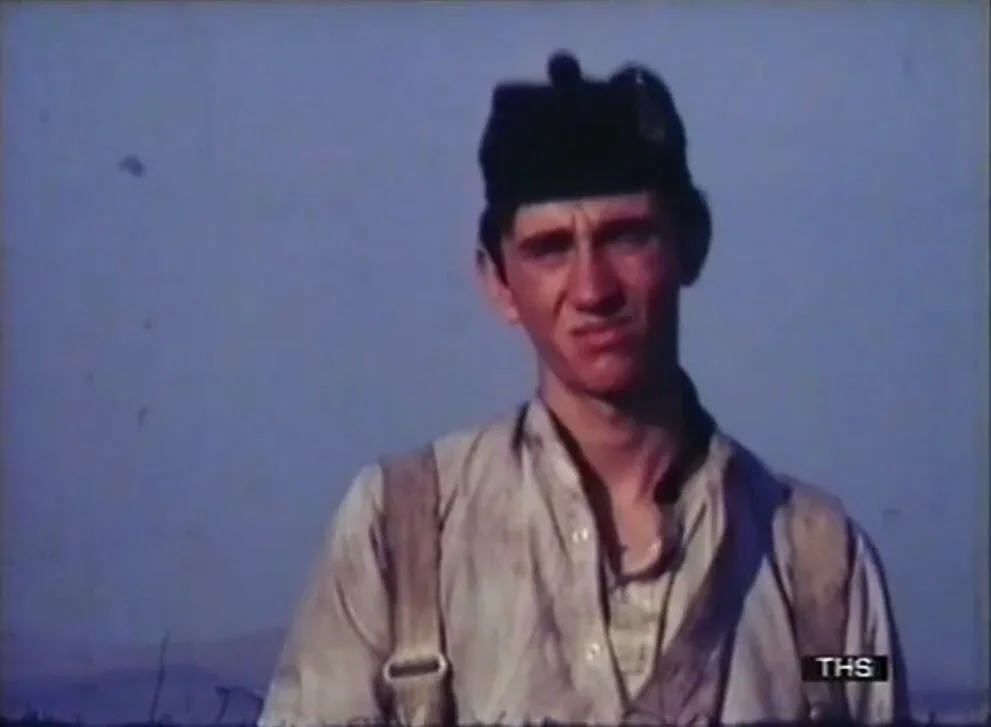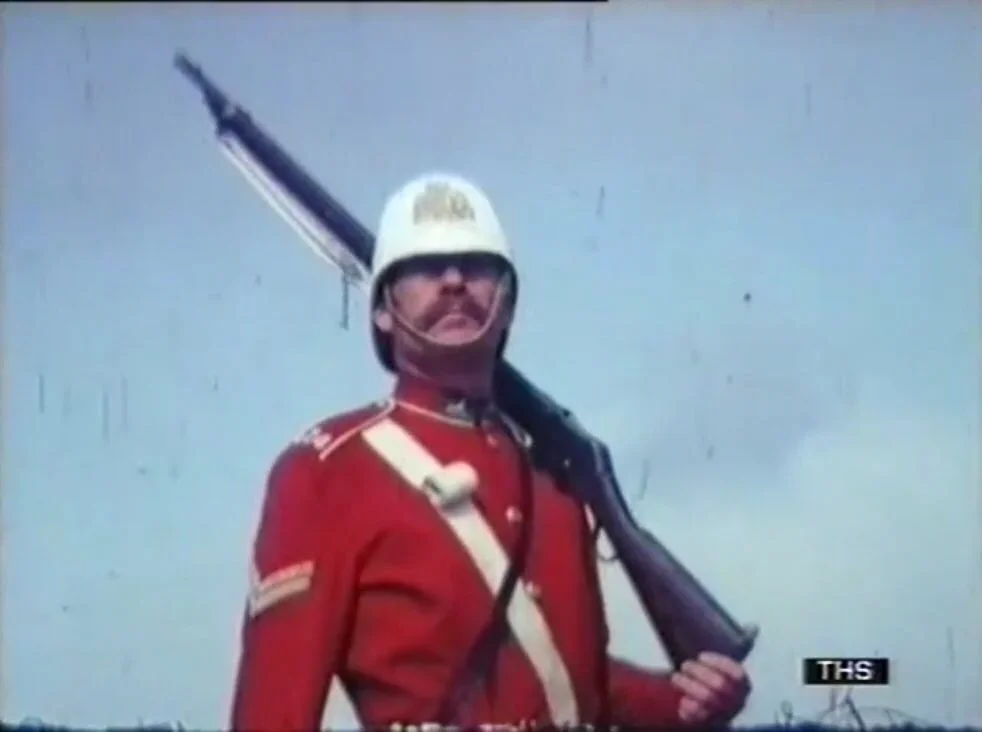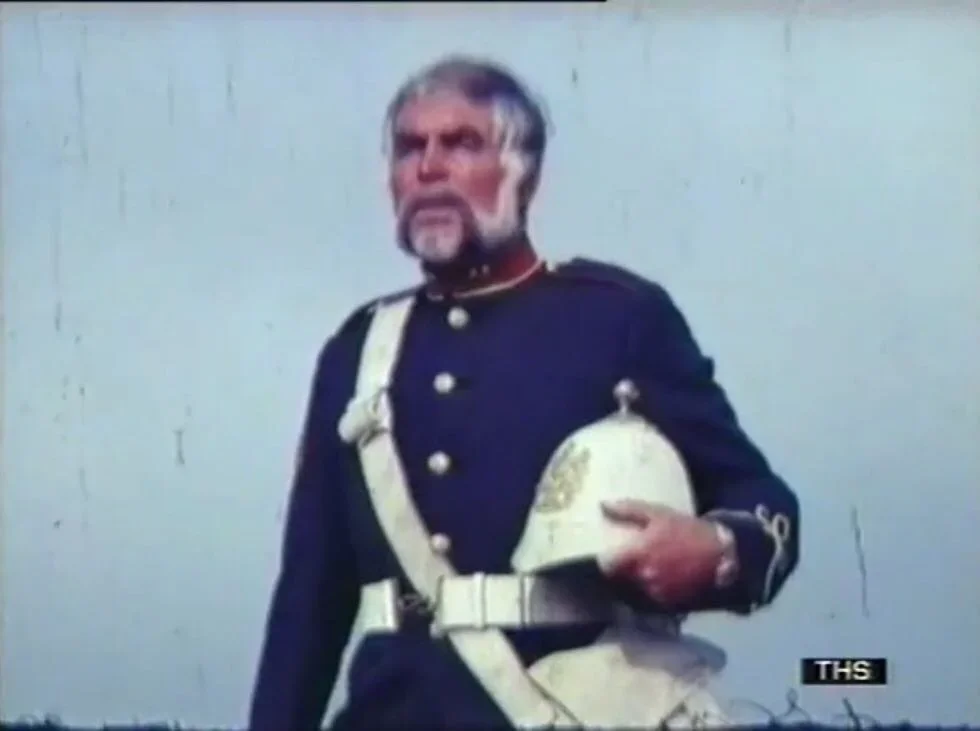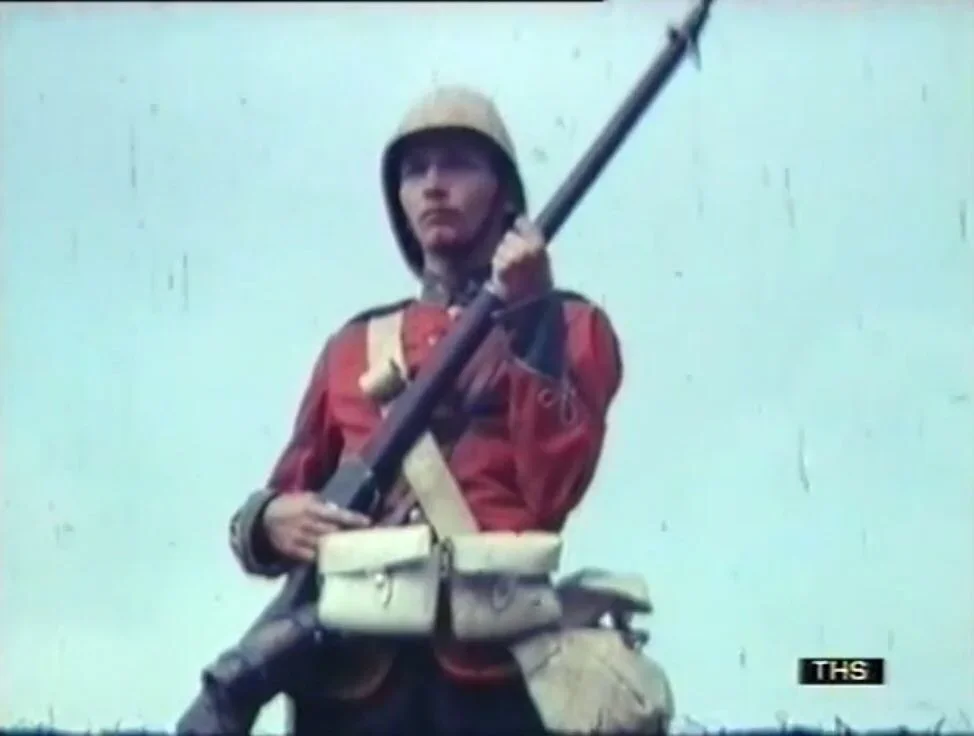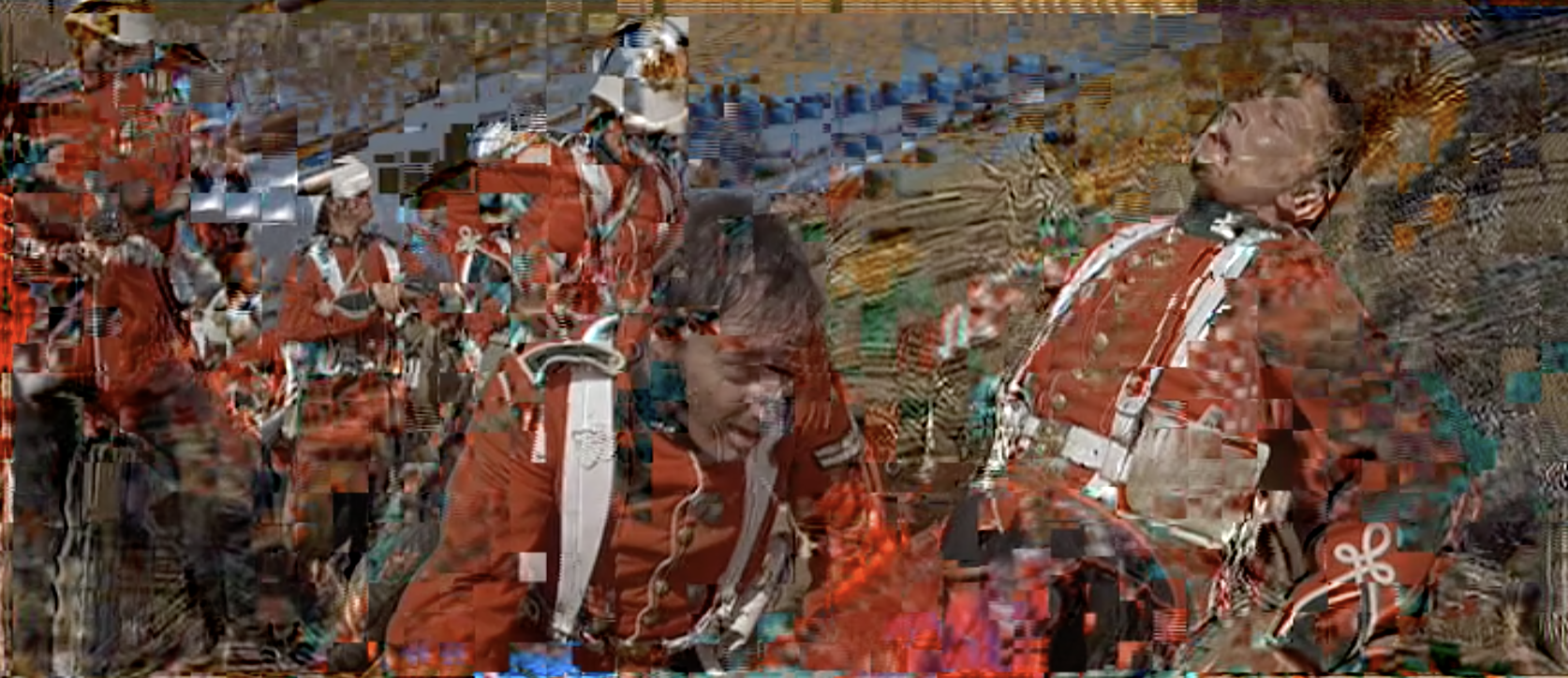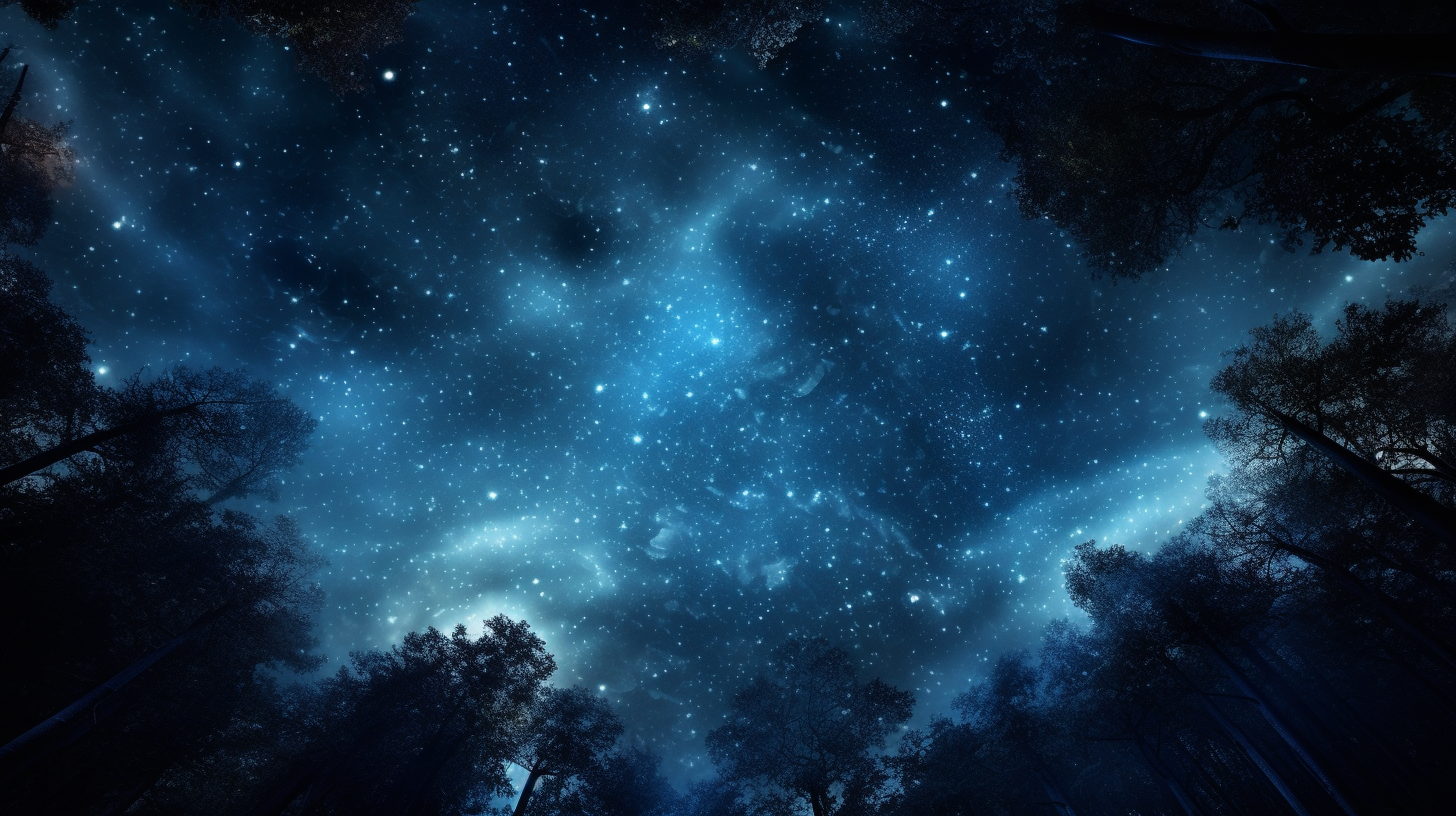
ARIADNE/WAYFINDING
What has Matt Written about the Anglo-Zulu War?
Examines the legacy of the films Zulu and Zulu Dawn, contrasting their cinematic glorification of British colonialism with the brutal realities of the Anglo-Zulu War. It argues for contextual balance in storytelling, urging audiences to confront empire’s myths, not just celebrate its battlefield bravado. (Read)
Reflects on the British defeat as a cautionary tale of arrogance, poor leadership, and ignored warnings. More than military failure, it’s a human story of fear, misjudgment, and loss, urging us to see past statistics and into the lived experience of colonial catastrophe. (Read)
Reframes the Anglo-Zulu War as a climate-driven crisis, revealing how an extreme El Niño drought from 1876–78 destabilized Zululand’s ecology, economy, and diplomacy. By restoring climate as a historical actor, it shows how failed rains, not just failed leadership, set the stage for colonial violence and tactical collapse. (Read)
Reframes General Horace Smith-Dorrien’s infamous temper as moral resistance, not weakness. His emotional intensity, dismissed by peers, was rooted in ethical conviction and soldier care. Vilified for dissent, his foresight was lost to military rigidity. History now sees what command culture could not: principled anger as leadership. (Read)
Reflects on a collapsed movie experiment that flattens Zulu and Zulu Dawn into static, procedural fragments. By compressing cinematic time into 30-second intervals, the piece explores how history and film alike reduce human tragedy to stillness—inviting reflection on how disaster and valor are framed, edited, and remembered. (Visit)
I love it when this kind of thing happens. VLC struggling to rip clips from the Zulu DVD. (Visit)


